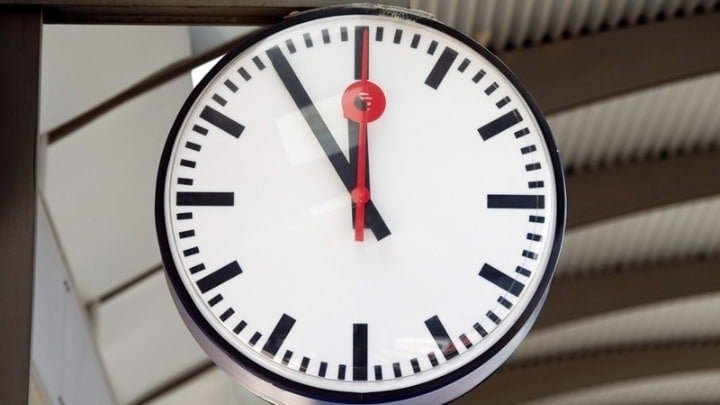
In the early hours of Sunday, October 26, 2025, Daylight Saving Time (DST) will end, requiring clocks to be set back one hour, specifically from 4:00 a.m. to 3:00 a.m. This change marks the annual transition to standard time, giving most people an extra hour of sleep.
The shift is implemented across European Union member states in accordance with Directive 2000/84/EC concerning summer time arrangements.
The debate on daylight saving time
The practice of changing the clocks twice a year has become increasingly controversial. Originally conceived to save energy (particularly coal during World Wars) and better utilize daylight, the modern-day energy savings are now considered marginal or nonexistent.
Opponents of the biannual change point to significant health concerns, citing disruption to the body’s circadian rhythm. Studies suggest the spring forward can temporarily increase the risk of heart attacks, strokes, and workplace accidents due to sleep deprivation. Furthermore, the mandatory change disrupts international commerce, travel logistics, and general scheduling across the continent.
Proponents, however, argue that DST promotes an active lifestyle by providing more daylight in the evenings during the summer months. Despite these arguments, the European Parliament has previously voted in favor of ending the mandatory seasonal switch, leaving member states to decide whether to permanently adopt summer or standard time. However, due to disagreement on a uniform approach, the directive to abolish the clock change has been repeatedly postponed.
In the U.S., DST begins on the second Sunday in March and ends on the first Sunday in November. For 2025, clocks will “fall back” one hour on Sunday, November 2, 2025, at 2:00 a.m. local time.
Related: Daylight Saving Time Harmful to Health


